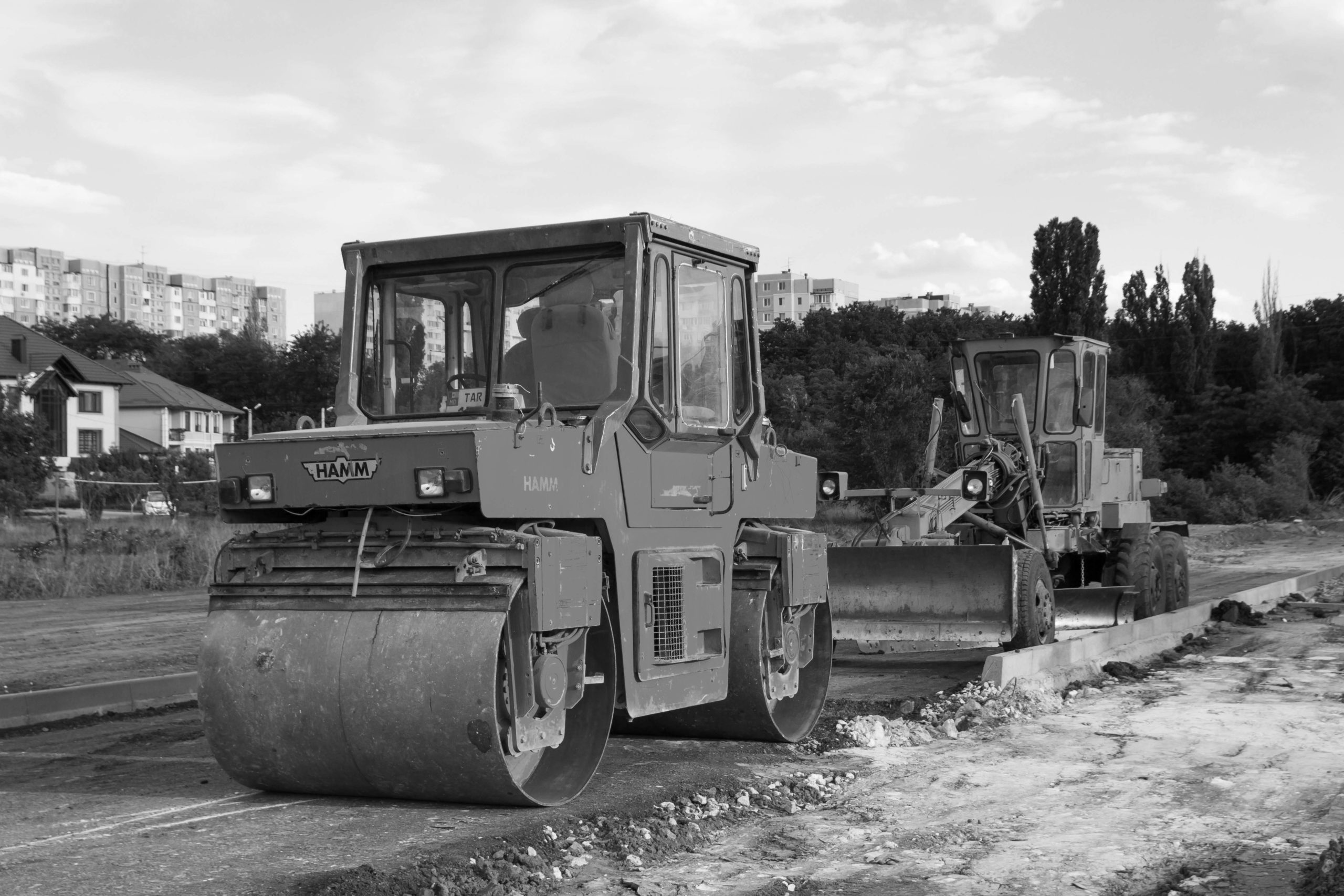NY Halts Non-Emergency and Non-Essential Construction Work, Expanding Guidance on “Essential” Services
On March 26, 2020, Governor Cuomo directed modifications to the guidance on his Executive Order 202.6 including changes to treatment of construction as an “essential” service. The previous guidance on “essential” businesses included “construction” broadly as an essential service, with a few examples such as “skilled trades” and “construction firms and professionals for essential infrastructure or for emergency repair and safety.”
The new guidance issued by the Empire State Development Corporation on March 27, 2020 is widely viewed as imposing broad restrictions on the construction industry. The guidance states that all “non-essential construction must shut down except emergency construction.”
Examples of emergency construction are any projects that are “necessary to protect the health and safety of the occupants.” Projects may also be continued if it would be unsafe to stop work, and in that instance, work should continue until the site can be safely shut down.
Additional clarity is provided regarding what constitutes “essential” construction, though the list is not exhaustive. Essential construction includes work on “roads, bridges, transit facilities, utilities, hospitals or health care facilities, affordable housing, and homeless shelters.”
The guidance also makes it clear that even if construction is permitted (because it is essential or emergency), the work must adhere to the safety requirements of “maintaining social distance, including for purposes of elevators/meals/entry and exit.” Any project that cannot adhere to the distance and safety best practices must close. Notably, the guidance indicates that solo work is not restricted by the guidance, i.e., a single worker may be on a project site performing construction services.
The restrictions set by the guidance will be enforced by the state in coordination with the local government and may include fines of up to $10,000 per violation. As always, it is safest to consult with counsel before continuing work to avoid adverse action.
As the law continues to evolve on these matters, please note that this article is current as of date and time of publication and may not reflect subsequent developments. The content and interpretation of the issues addressed herein is subject to change. Cole Schotz P.C. disclaims any and all liability with respect to actions taken or not taken based on any or all of the contents of this publication to the fullest extent permitted by law. This is for general informational purposes and does not constitute legal advice or create an attorney-client relationship. Do not act or refrain from acting upon the information contained in this publication without obtaining legal, financial and tax advice. For further information, please do not hesitate to reach out to your firm contact or to any of the attorneys listed in this publication.
Join Our Mailing List
Stay up to date with the latest insights, events, and more




